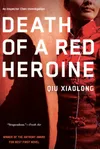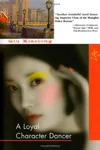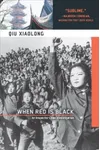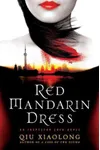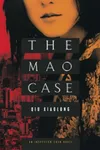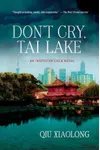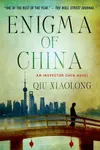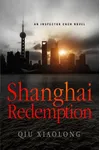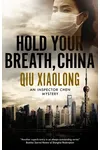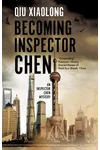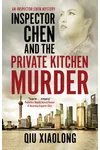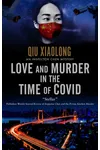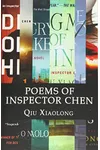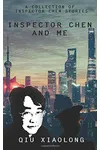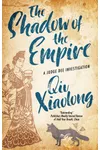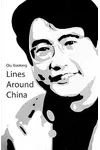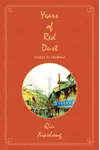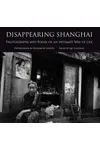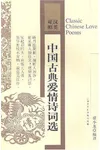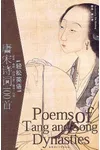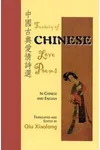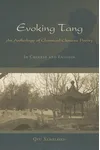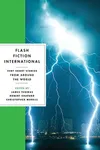Picture a Chinese storyteller who weaves poetry, crime, and Shanghai’s vibrant pulse into unforgettable tales—meet Qiu Xiaolong! Born in 1953, this Shanghai native turned U.S. resident has captivated readers with his Inspector Chen series, blending gritty detective work with lyrical insights into modern China. His unique voice bridges East and West, making him a literary gem worth discovering.
From the Cultural Revolution’s shadow to global acclaim, Qiu’s journey is as compelling as his novels. His stories don’t just solve crimes—they unravel the complexities of a nation in transition, served with a side of dumplings and poetry. Ready to dive into his world?
The Making of Qiu Xiaolong
Born in Shanghai in 1953, Qiu Xiaolong grew up during China’s turbulent Cultural Revolution. His father, a small perfume factory owner, was branded a capitalist, and young Qiu penned a melodramatic confession to secure his father’s eye surgery—a quirky start to his writing career. Bedridden with bronchitis at 16, he dodged rural re-education and taught himself English in Bund Park, sparking a lifelong love for literature. After studying at East China Normal University and earning an MA at the Chinese Academy of Social Sciences, Qiu arrived in the U.S. in 1988 to research T.S. Eliot. The 1989 Tiananmen Square protests kept him in St. Louis, where he switched to writing in English, channeling his homeland’s pulse into fiction.
Qiu Xiaolong’s Unforgettable Stories
Qiu’s Inspector Chen series, launched with Death of a Red Heroine in 2000, redefined crime fiction. Chief Inspector Chen Cao, a poetry-quoting cop, navigates Shanghai’s political minefields while solving murders. This debut, which won the 2001 Anthony Award, dives into a model’s murder, exposing corruption amid China’s capitalist shift. A Loyal Character Dancer (2002) tackles human smuggling, blending gritty investigation with cultural nuance. Red Mandarin Dress (2007) unravels a serial killer’s spree, steeped in Shanghai’s neon-lit contradictions. Shanghai Redemption (2015), inspired by real-life scandals, showcases Chen’s moral tightrope walk.
Qiu’s style is a literary feast: think noir with Confucian wisdom, T.S. Eliot’s cadence, and steaming noodle bowls. His novels weave poetry, cuisine, and history into mysteries, offering a vivid portrait of 1990s China. Critics praise his lyrical depth, though some note his plots prioritize cultural texture over suspense. Beyond novels, Qiu’s poetry translations, like Treasury of Chinese Love Poems (2003), and his own collection, Lines Around China (2003), cement his role as a cultural bridge.
Why Qiu Xiaolong Matters
Qiu Xiaolong’s work transcends the crime genre, offering a window into China’s soul during a transformative era. His Inspector Chen series captures the clash of tradition and modernity, exposing corruption and human resilience. By writing in English from afar, Qiu offers a fresh lens on Chinese society, earning praise for authenticity despite some criticism for Western-leaning orientalism. With over two million books sold in 20 languages, his global impact is undeniable, inspiring readers to explore China’s complexities through a poet’s eyes.
- Born: 1953, Shanghai, China
- Key Works: Death of a Red Heroine, Red Mandarin Dress, Treasury of Chinese Love Poems
- Awards: 2001 Anthony Award for Best First Novel
- Fun Fact: Qiu taught himself English in a park and lives in St. Louis with his wife and daughter.
About Qiu Xiaolong
Snag Death of a Red Heroine and dive into Qiu Xiaolong’s thrilling, poetic world—Shanghai awaits!
